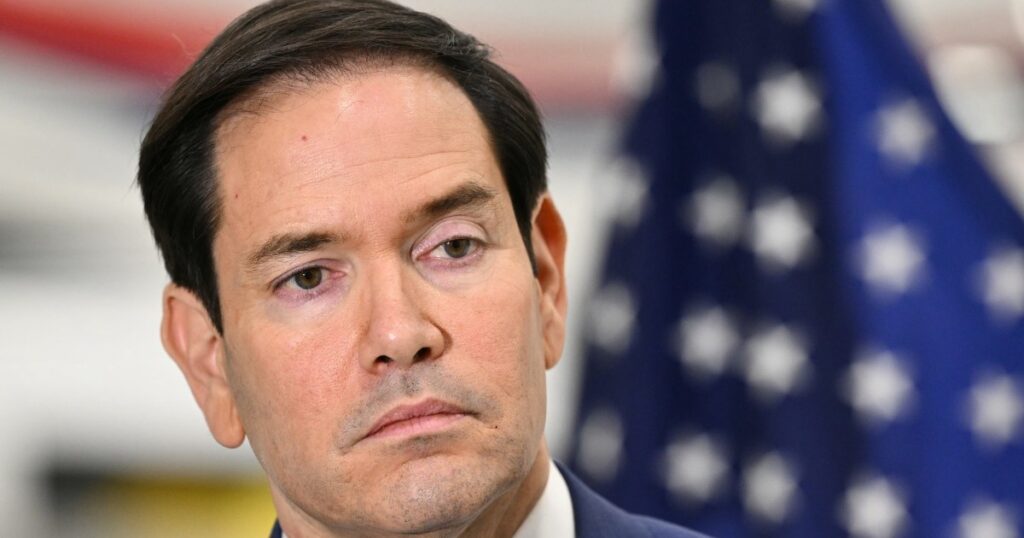
In a controversial move, the Trump administration has reportedly drafted a legal opinion asserting that U.S. military personnel involved in strikes off the coast of Latin America are immune from prosecution. This revelation, reported by The Washington Post and Reuters, has sparked a heated debate both domestically and internationally.
The Department of Justice’s Office of Legal Counsel is said to have provided the White House with this opinion, addressing the issue of criminal liability for military strikes on vessels in the Caribbean. These actions, aimed at alleged drug traffickers, have been under scrutiny since they commenced in September, with at least 19 strikes reported, resulting in the deaths of 76 individuals.
Legal and Political Repercussions
The Trump administration justifies these strikes as part of a “non-international armed conflict” against “narcoterrorists” and “unlawful combatants” linked to Venezuela’s Nicolas Maduro. However, the administration has yet to release concrete evidence proving that the targeted boats were indeed transporting drugs. The term “unlawful combatant,” first used during George W. Bush’s presidency, remains contentious in international law, with many human rights advocates rejecting its validity.
International allies have expressed discomfort with Washington’s actions. CNN reported that the United Kingdom has ceased sharing intelligence on drug trafficking operations with the U.S., despite their historically strong intelligence and defense ties. French Foreign Minister Jean-Noel Barrot criticized the strikes as violations of international law during a G7 meeting in Canada.
Responses from U.S. Officials
U.S. Secretary of State Marco Rubio has dismissed the criticism, asserting that no G7 members raised the issue during their summit. “I don’t think that the European Union gets to determine what international law is,” Rubio remarked from a U.S. airbase. “They certainly don’t get to determine how the United States defends its national security.” Rubio also refuted the CNN report, stating that U.S. operations remain unaffected.
“Nothing has changed or happened that has impeded in any way our ability to do what we’re doing,” Rubio said. “Nor are we asking anyone to help us with what we’re doing.”
Historical Context and Expert Opinions
The concept of granting legal immunity for military actions is not new. Historically, the U.S. has navigated complex legal frameworks to justify military interventions abroad. Experts argue that the current situation mirrors past controversies, such as the use of drone strikes in the Middle East, where legal justifications were similarly scrutinized.
Legal scholars and human rights organizations continue to challenge the legitimacy of the “unlawful combatant” designation. Critics argue that such terms undermine international legal standards and set dangerous precedents for military engagement.
Looking Ahead
The Trump administration’s stance on legal immunity for military personnel is likely to face ongoing challenges both legally and diplomatically. As the international community grapples with the implications of these actions, the U.S. may encounter increased pressure to adhere to established norms of international law.
Meanwhile, the debate over the legality and morality of these strikes is expected to persist, with potential ramifications for U.S. foreign policy and its relationships with key allies.
As developments unfold, the global community will be watching closely to see how the U.S. navigates these complex legal and ethical waters.






